
Videographer Job Description
What is a Videographer Professional?
A videographer is a person who creates videos by capturing moving images and sound. A videographer may work independently or as part of a team, and their work may involve either pre-planned productions or spontaneous ones. A videographer typically works with a camera to capture footage, and they may also use other equipment such as tripods, microphones, and lighting.
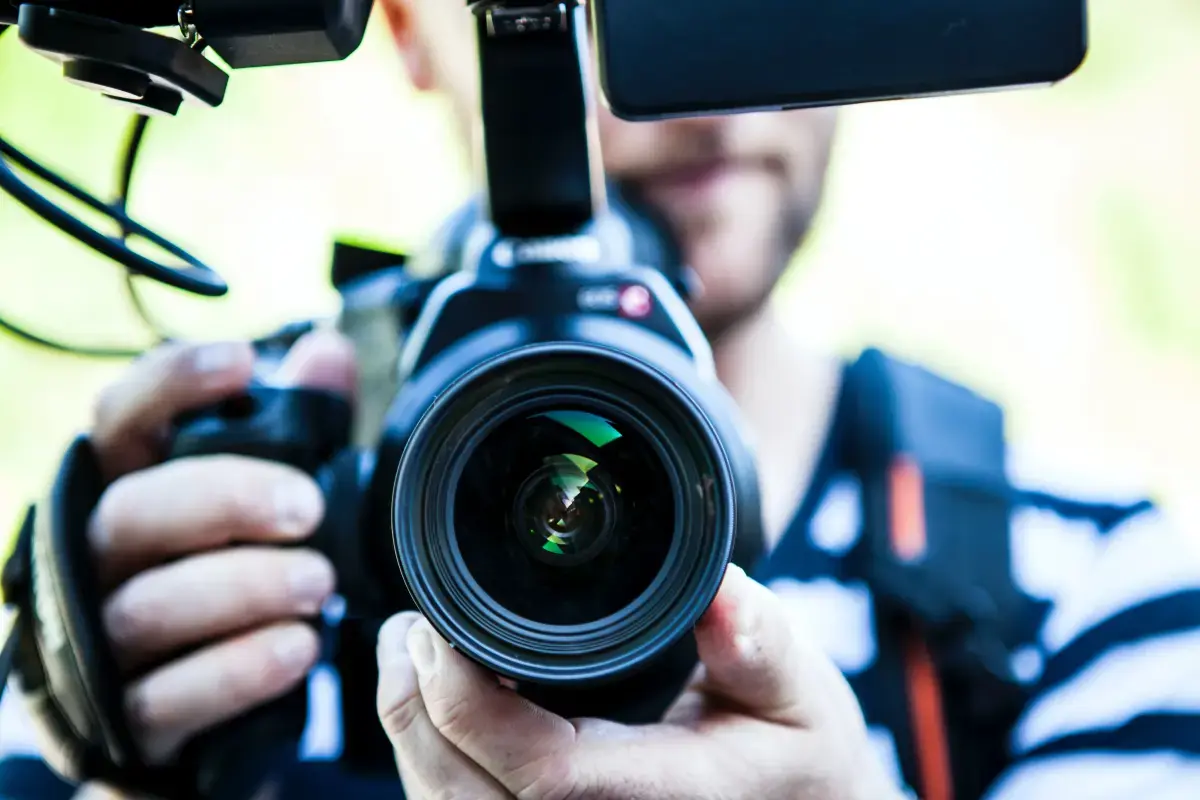
What does a Videographer Expert do?
Once the footage has been captured, the videographer may then edit it to create a finished product. This may involve adding graphics, music, or other elements. The finished product may be used for a variety of purposes, such as television broadcasts, films, commercials, or online videos. Videographers may also work in other roles such as producing, directing, or operating cameras.
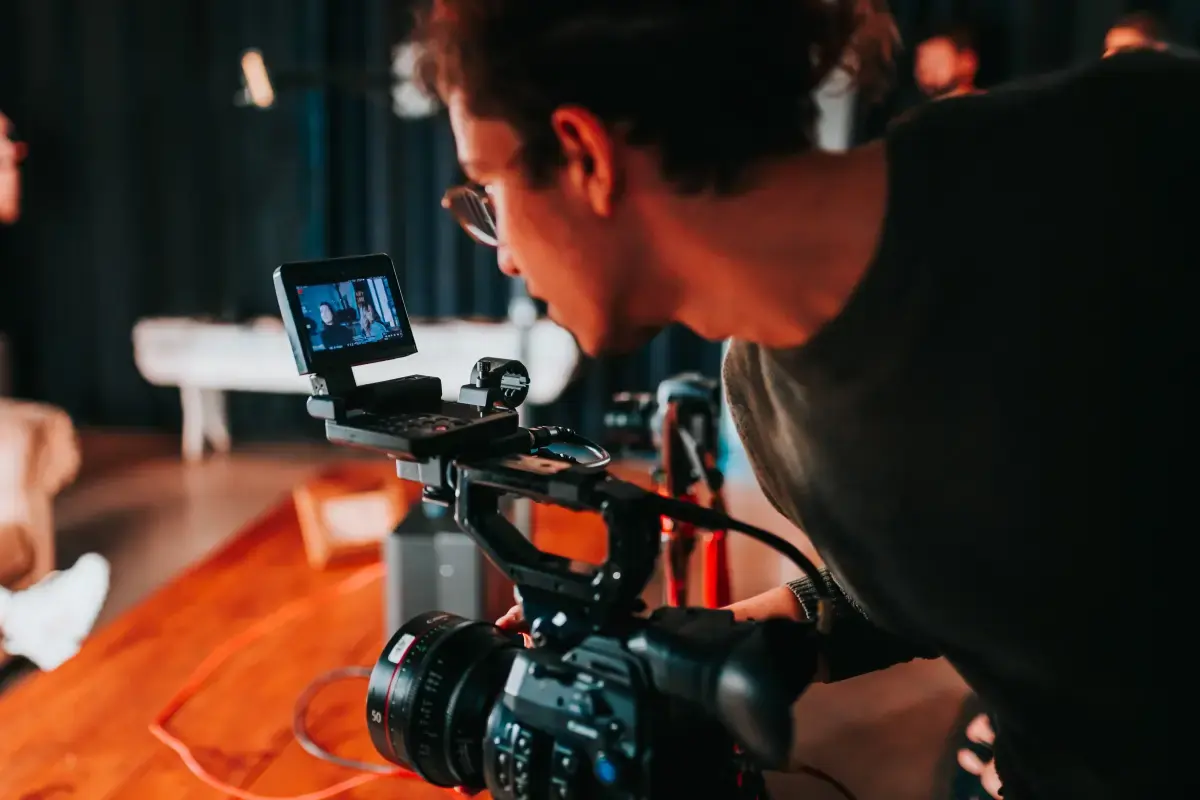
What are the Skills of a Videographer?
A videographer is a person who is skilled in the art of videography. Videography is the art of capturing moving images on film or video. It is a branch of cinematography, which is the art of making movies. A videographer may work in a variety of settings, including weddings, news events, and concerts. There are many different skills that a videographer needs in order to be successful. First, they must be able to operate a video camera. This requires a good understanding of the different settings and buttons on the camera. They must also know how to compose a shot. This means they need to be aware of the framing of the shot and the placement of the subjects within the frame. A videographer must also have good editing skills. This involves putting the different shots together in a way that is pleasing to the eye and tells a story. Editing is often done on a computer using special software.
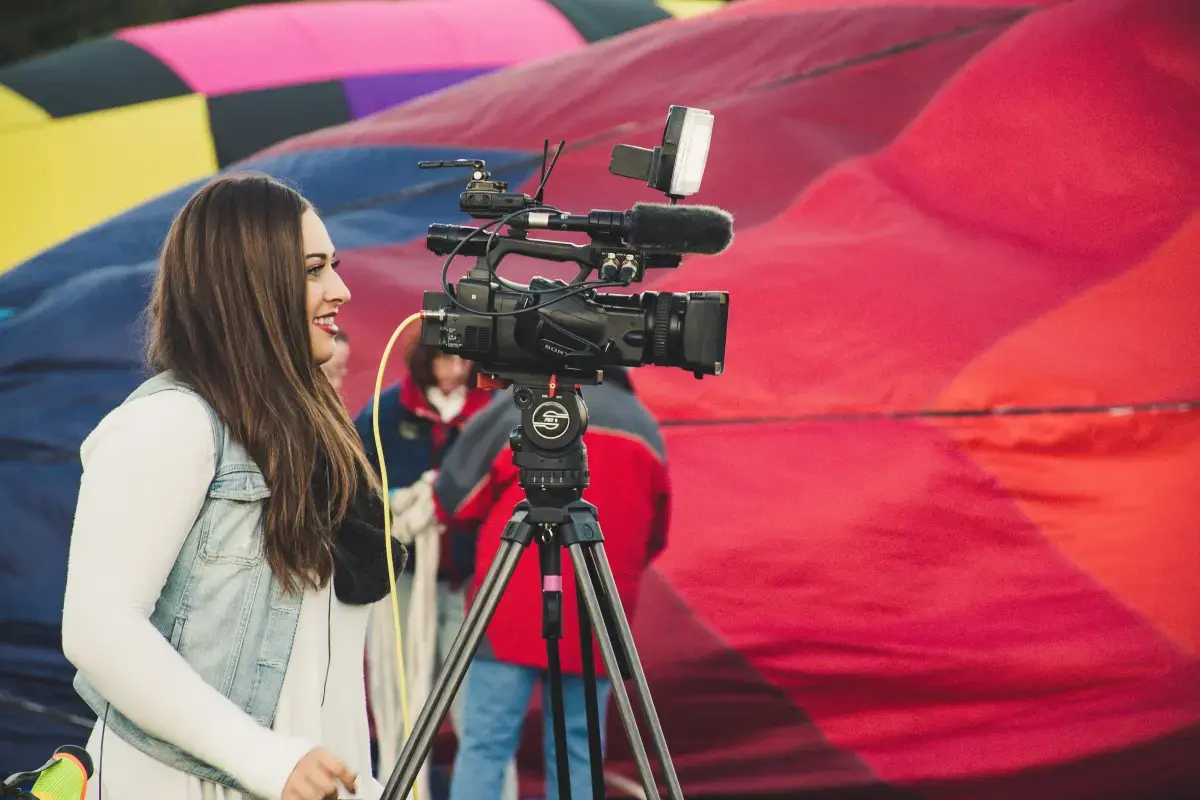
What makes an Expert Videographer?
A videographer must also be able to work well with people. This is important because they will often be working with subjects who are not professional actors or models. They must be able to make their subjects feel comfortable and relaxed in front of the camera. Finally, a videographer must be able to market their services. This involves creating a portfolio of their work and promoting their business to potential clients. There are many different types of videography, and each requires its own set of skills. Wedding videography, for example, requires a different skill set than event videography. A videographer who wants to specialize in one type of videography should make sure they have the necessary skills and experience.
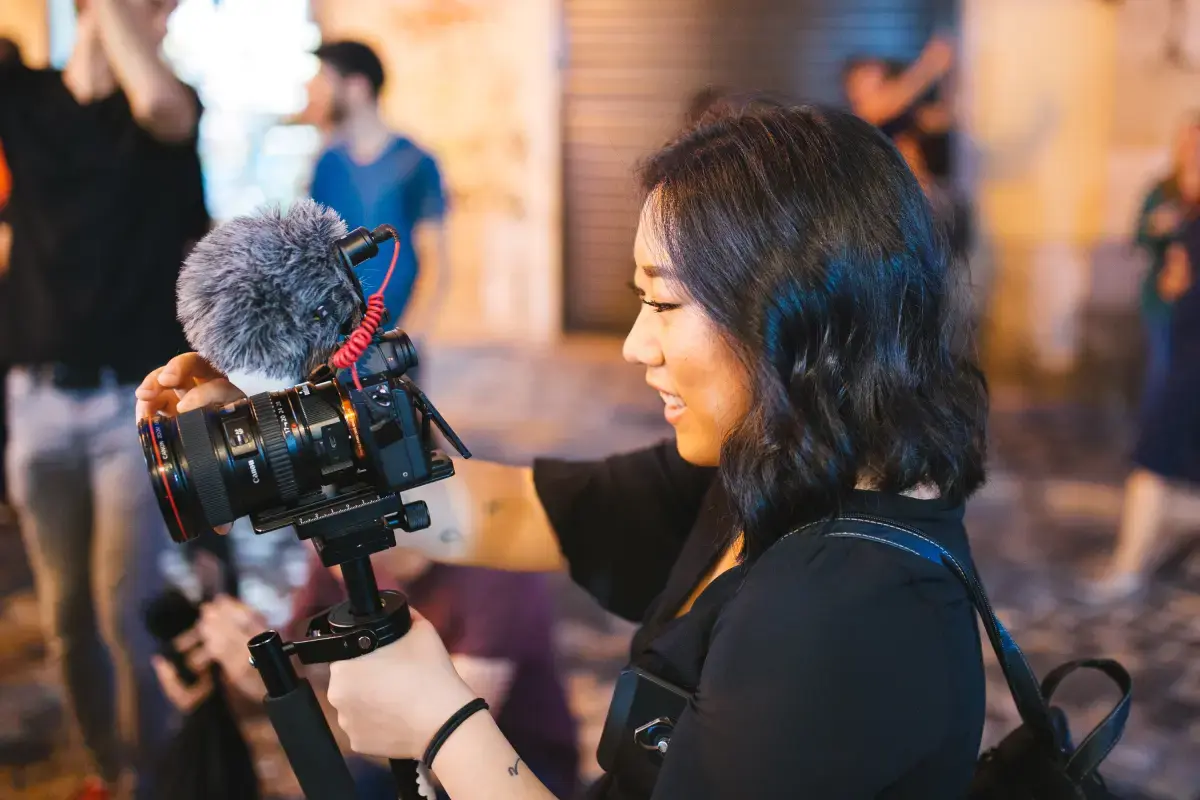
What level of Experience & Qualifications are required to be a Videographer?
Industry Experience: 1. At least one year of experience as a professional videographer in the industry, working on projects for clients or employers. 2. Demonstrated knowledge and understanding of video production techniques such as lighting, camera operation, audio recording/mixing, editing and post-production processes. 3. Previous experience working with different types of equipment including cameras (DSLR/mirrorless), tripods/stabilizers (gimbal rigs), microphones and other accessories related to filming videos professionally. Training: 1. Comprehensive training in all aspects of digital video production from pre-production planning through post-production delivery stages that includes but is not limited to cinematography basics & principles; storyboarding & scripting; animation & special effects; color grading & sound design; motion graphics development; media management & archiving solutions etc… 2 .Familiarity with common software used by professionals within the field like Adobe Premiere Pro / Final Cut Pro X / Davinci Resolve etc... Qualifications: 1 .Professional certifications such as Certified Professional Videographer (CPV) or similar qualifications are preferred but not mandatory depending upon employer requirements Education : 1 .Bachelor’s degree in film studies or multimedia technology from an accredited university is highly recommended
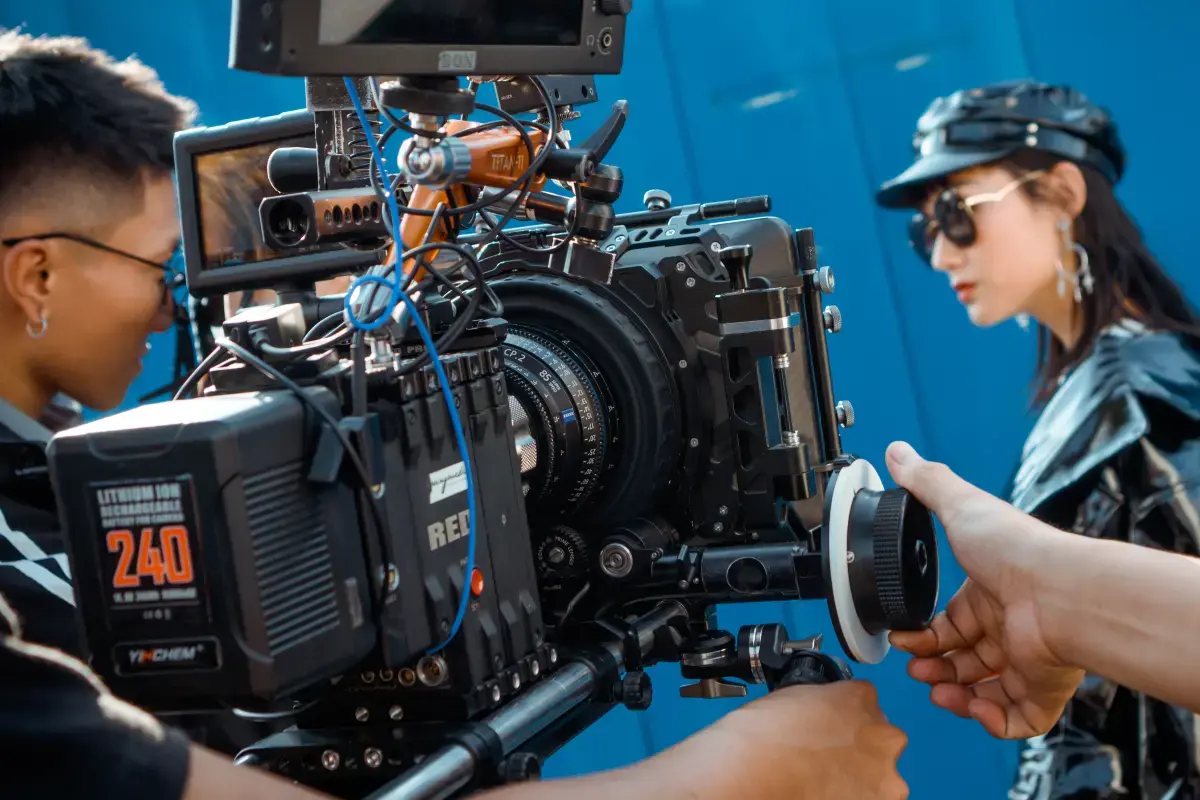
What is the Salary of a Videographer?
For a junior videographer, salary expectations would typically range from $25,000 to $35,000 per year. This is the starting level for entry-level positions and can vary depending on experience and location. As a videographer gains more experience and moves into mid-level roles their salaries could increase up to around $45,000 -$55,000 per year. At this stage of development they will usually have been working in the industry for some time with higher levels of technical proficiency as well as being able to handle larger projects independently or with minimal supervision. More senior members of staff may expect annual earnings ranging between $60k-$80k depending upon responsibilities required by employers such as managing teams or heading up bigger productions compared to smaller freelance jobs where payment tends towards project rates rather than an annual salary expectation figure.
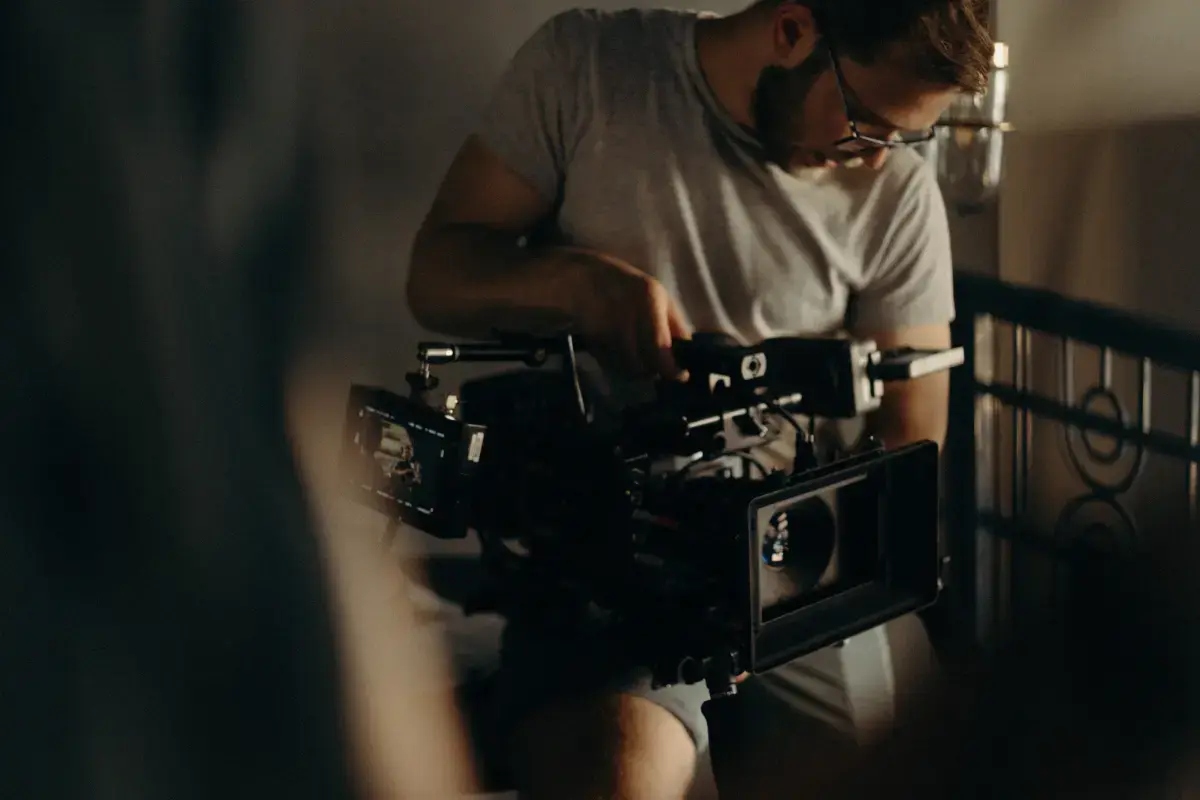
What are the Working Conditions for a Videographer?
The working conditions for a videographer can vary depending on the type of job and where they are employed. Generally, videographers work in a variety of settings including studios, offices, or outdoors. They may work full-time or part-time hours as well as freelance projects. The majority of their time is spent shooting footage with cameras and editing video clips using digital software such as Adobe Premiere Pro or Final Cut Pro X. It is important for them to be familiar with different types of camera equipment and have an eye for detail when it comes to capturing the best shots possible from any given situation. Additionally, most employers require that applicants possess knowledge in lighting techniques and audio production skills such as sound engineering/mixing processes so that they can create high quality videos efficiently while meeting deadlines set by clients or employers. Working conditions also include long hours sometimes due to tight deadlines so flexibility is often required when taking on assignments outside normal business hours if needed (e.g., evenings/weekends).
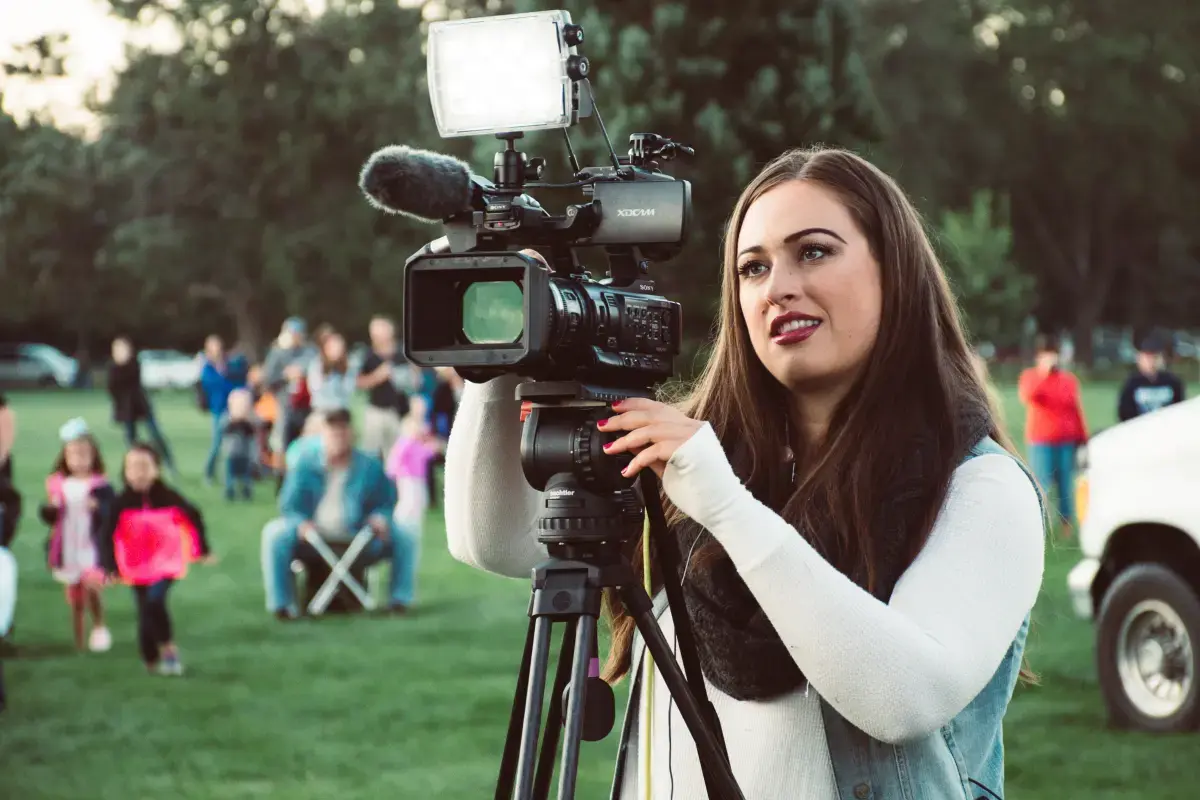
What are the roles and responsibilities of a Videographer?
Shooting video footage of events, people, or places
Editing video footage
Shooting video footage for commercials
Shooting video footage for TV shows or movies
Editing video footage for TV shows or movies
Shooting video footage for corporate videos
Editing video footage for corporate videos
Shooting video footage for music videos
Editing video footage for music videos
Shooting video footage for educational videos
Editing video footage for educational videos
Shooting video footage for news stories
Editing video footage for news stories
Shooting video footage for documentaries
Editing video footage for documentaries
Shooting video footage for wedding videos
Editing video footage for wedding videos
Shooting video footage for sports videos
Editing video footage for sports videos
Shooting video footage for web videos
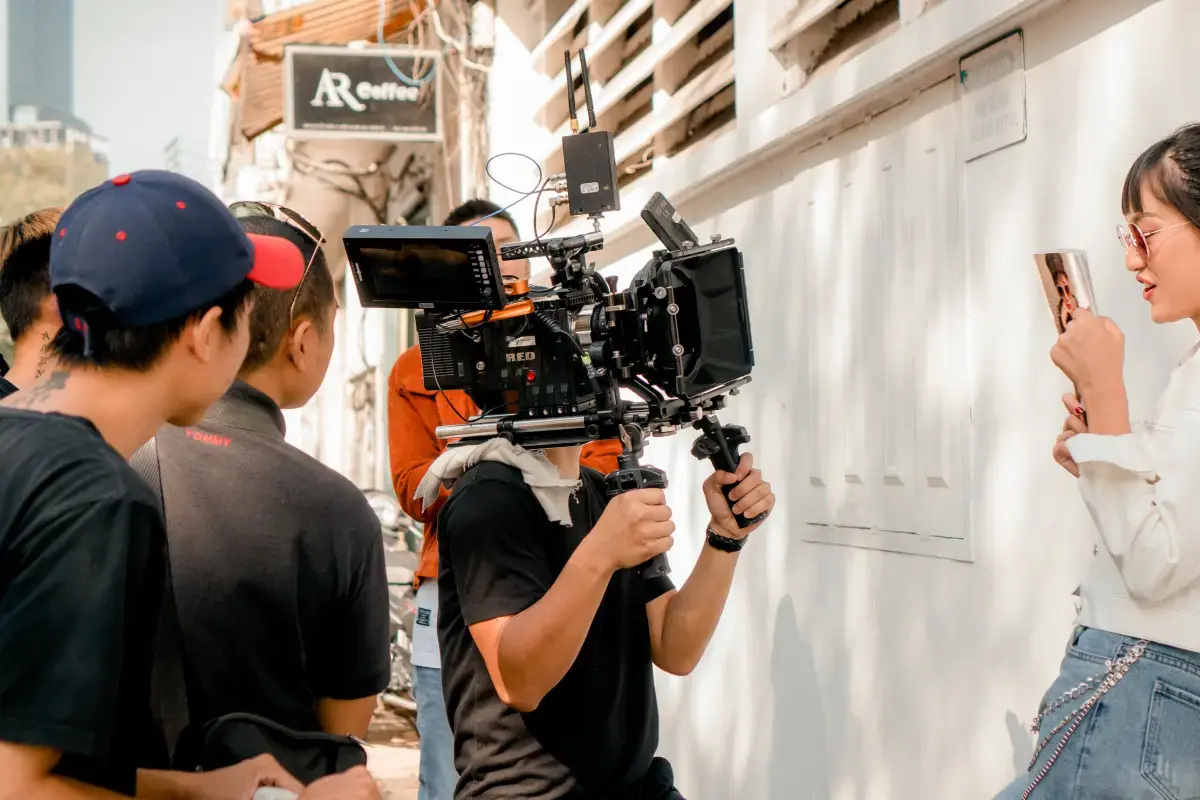
Where can I find Videographer jobs?
- Create a profile on gigexchange and promote your Videographer skills to advertise you are Open to New Work Opportunities
- Ensure your Resume (or CV), or online work profile is up to date and represents your skills and experience. Ensure your reputation reflects your ability & attitude.
- Apply for Videographer Jobs advertised on gigexchange.
- Practise Videographer interview techniques to ensure you represent your personality and ability succinctly and confidently.
- Accept the job offer if the salary meets your expectations and the employer mission and purpose reflects your core values.
Jobs
What are the best job boards for Video Producer jobs?

How can I hire Videographer staff online for my business?
The best job board for recruiting Videographer experts is gigexchange.com. Advertise full-time, part-time or contract jobs to find, hire & recruit trusted, experienced and talented Videographer candidates near you.
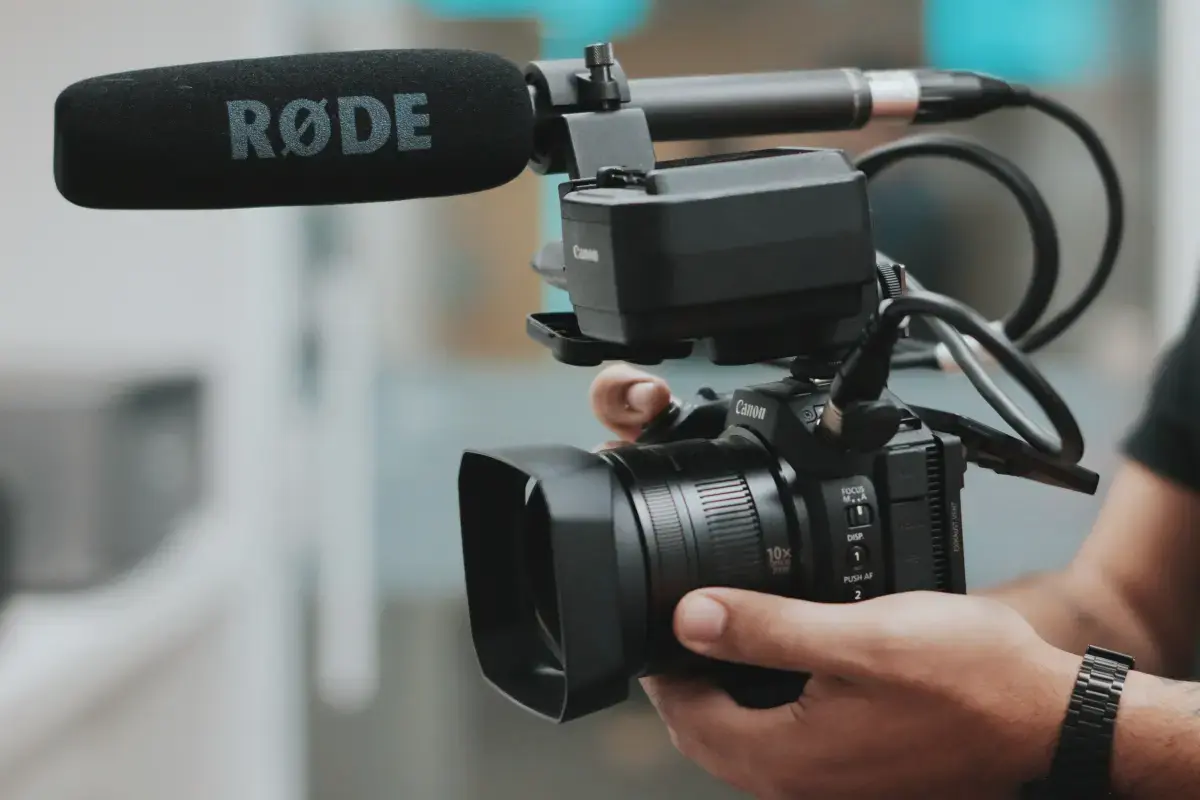
Are Videographer roles in demand in 2026?
Videographer experts are still in high demand in 2026. If you are an experienced Videographer or looking to train and become one. The job market is looking strong for Videographer jobs near me.